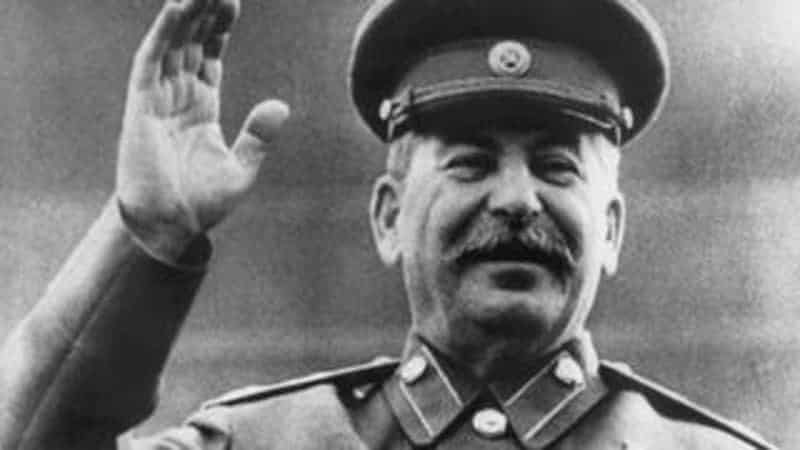That Joseph Stalin is one of the most evil men ever to walk the earth is not in dispute. The Soviet dictator was responsible for anywhere between 20 million and 60 million deaths. His death, however, is shrouded in mystery, as there is a suggestion he was poisoned and didn’t only die from natural causes after a cerebral hemorrhage, as is commonly believed. Certainly, Stalin had an incredible number of enemies, but it was assumed that everyone was too scared to act.
Failing Health & Paranoia
Stalin’s health was failing long before his death on March 5, 1953. By the end of 1945, he had atherosclerosis, a mild stroke, and a severe heart attack. He grew increasingly paranoid and brutal as his reign progressed, and he saw enemies everywhere. In 1952, Stalin’s doctor told him to take things easy because his health was in steep decline, but the dictator had him arrested instead. By the early 1950s, he was making things up as was evidenced by the alleged Doctor’s Plot of the 1940s. Kremlin officials, acting on his orders, created a fictional collusion by top doctors to kill the leading Communist officials.
When the plot was revealed to the Soviet people in January 1953, Stalin had spun it into a vast conspiracy involving the Jews and the United States. He claimed they were acting on the orders of the USSR’s Cold War enemy to try and destroy the Soviet Union. In February, he ordered the construction of four massive prison camps in Siberia, the Arctic, and Kazakhstan to house millions of Soviets with Jewish descent. Fortunately, this plan never came to fruition because Stalin died the following month.

Stalin Collapses
Regardless of whether he was poisoned or not, Stalin only had himself to blame for his failing health. On February 28, 1953, Stalin and his inner circle had a typical evening; they watched a movie at the Kremlin before returning to Stalin’s country house where they feasted into the early hours.
Stalin went to bed but gave an unusual order; he told his guards to retire for the night and not to disturb him. This hardly ever happened because the dictator was usually obsessive about his personal security. According to testimony from one of the guards many years later, the head of security, Khrustalev, gave the order claiming it came from Stalin.
The tyrant generally woke and asked his guards for tea at 10 a.m., but on the morning of March 1, 1953, he didn’t issue the order. The guards grew increasingly worried as Stalin failed to communicate, but no one dared enter the room without his expressed permission. A light came on at 6:30 p.m., but there was still no sign of the dictator. Eventually, one guard summoned the courage to enter the room at 10 p.m. only to find his leader on the floor in a puddle of his own urine. Stalin was unable to speak or move, and his watch broke when he fell; this seemingly happened at 6:30 p.m.

